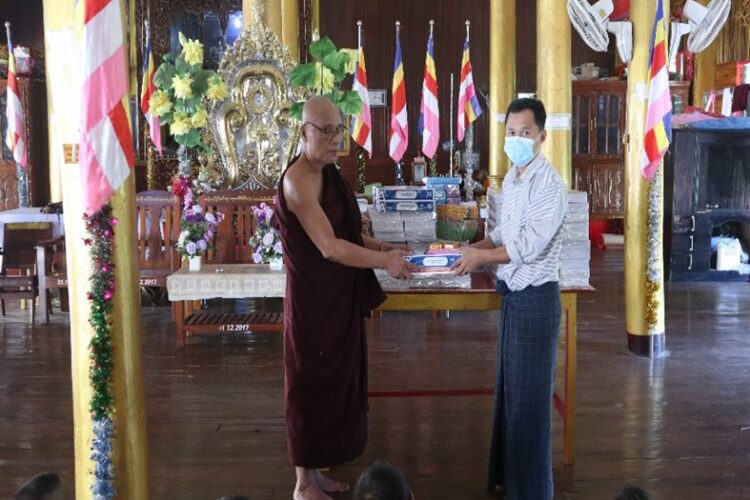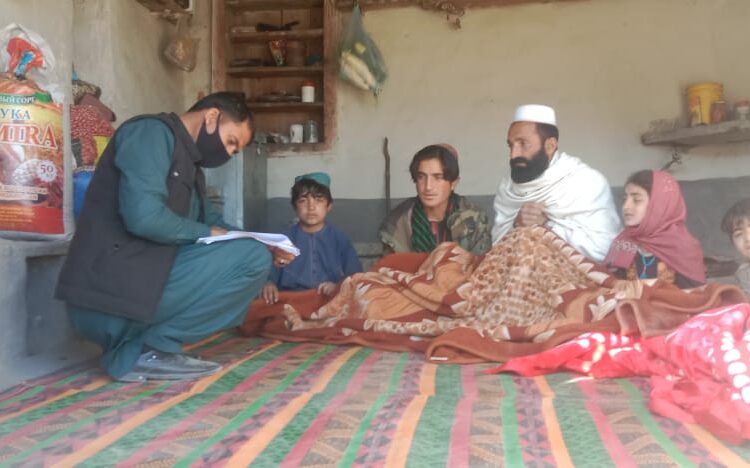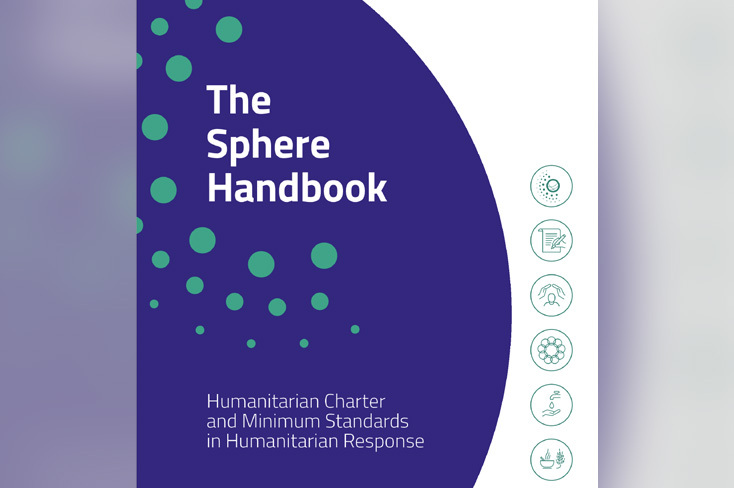Humanitarian Response
We have been active in Japan and abroad since 1995.
- TOP
- What We Do
- Humanitarian Response
Background of Activities
During emergencies such as natural disasters, conflicts, and epidemics, we provide (1) emergency, (2) reconstruction, and (3) disaster prevention and mitigation assistance to quickly satisfy the needs of people who face humanitarian crises, especially children and women in difficult positions, with full respect for their dignity so that they can restart their normal lives as soon as possible. In particular, we promote “education in emergencies” that protects children’s right and opportunities to learn under any circumstances and the development of child-friendly spaces through library activities, which soothes the distressed minds of children who have experienced a crisis.
What We Do
In the immediate aftermath of disasters, we distribute daily necessities, such as food and cooking utensils, needed for immediate survival. Needless to say, in any assistance activity including those for protracted displacement situations, SVA observes the international standards (Sphere standards) that set minimum standards for the protection of basic human rights.
In accordance with international standards for humanitarian assistance (*1) and the Tokyo International Charter, SVA distributes food, cooking utensils, and other daily commodities necessary for immediate living in the immediate aftermath of a disaster, and supports "education under emergency conditions" and the creation of places for children to live during long-term evacuation.

The COVID-19 pandemic has had a substantial impact on the economy and forced adults to decide on the best possible measures to protect children’s lives and learning in developed and developing countries, including in Japan. We must protect children in Asia from the threat of coronavirus infection while maintaining educational support activities, which create valuable learning opportunities. We ask for your support in helping us carry out the coronavirus emergency relief project to protect children’s lives and learning.
Activities So Far

- Detailed object area
- Myanmar
- Implementation content
- Distribution of school materials for children and teaching materials for teachers

- Detailed object area
- Afghanistan, Khost Province, Spera district
- Implementation content
- Distribution of food and daily necessities

- Detailed object area
- Afghanistan, Nangarhar Province, Def Bala District and Kunar Province, Marawara District
- Implementation content
- Distribution of food and daily necessities
The Humanitarian Charter articulates the common understanding among humanitarian actors that all people affected by crises have the right to protection and assistance. The Humanitarian Charter sets out the principles of humanitarian protection and protection of human rights, as well as the essential criteria for humanitarian assistance (CHS). It also mentions the minimum standards for the four main technical areas of assistance: water supply, sanitation and hygiene promotion (WASH), food security and nutrition, shelter and sheltered accommodation, and health care.


